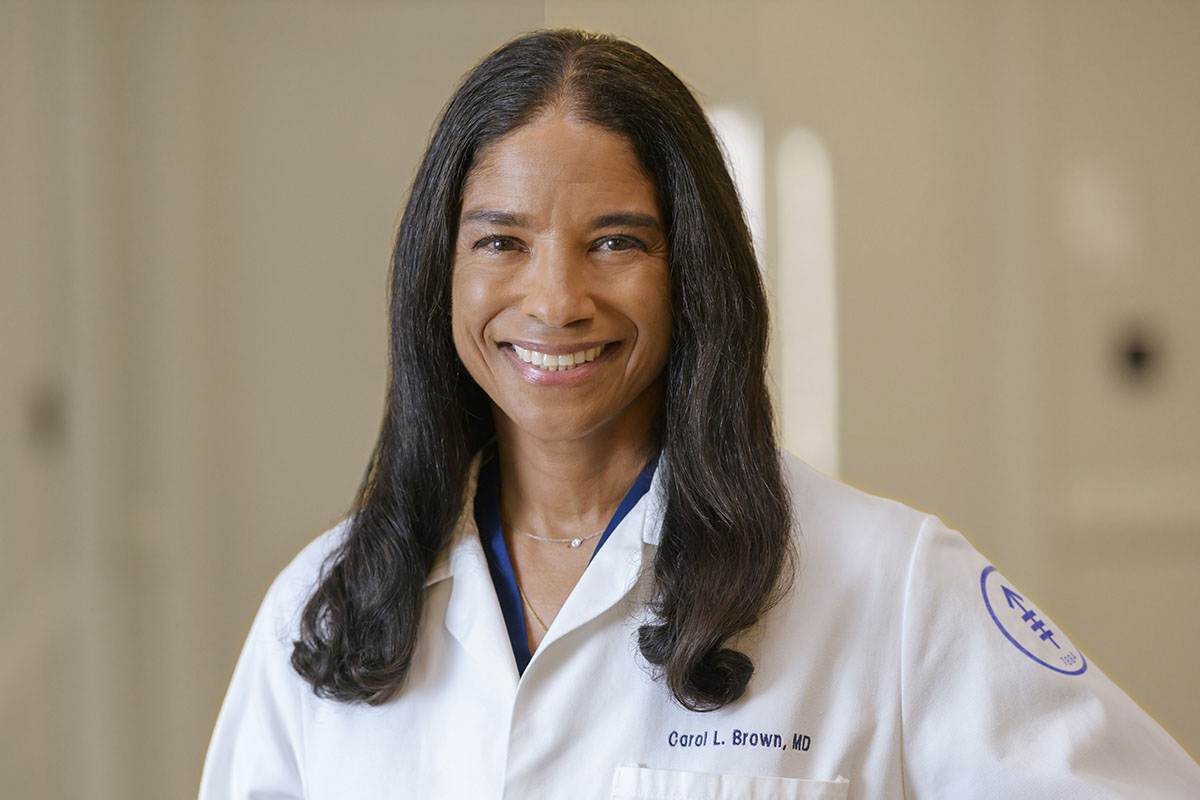
Memorial Sloan Kettering Cancer Center’s Office of Health Equity was established in 2020 to address disparities in cancer outcomes based on race, ethnicity, cultural differences, and socioeconomic status.
The Office of Health Equity has three core areas of focus: clinical care, research, and training and education.
The training and education core works to improve diversity in the healthcare workforce through the recruitment, retention, and development of racially and ethnically diverse faculty, fellows, and residents at MSK. In addition, the training and education core participates in outreach programs to New York City high schools and medical schools to increase the number of students from populations underrepresented in medicine who choose to pursue careers in science or healthcare.
The research core focuses on expanding the participation of diverse patients in cancer clinical trials and developing a coordinated research program to help reduce and eliminate cancer-related health disparities.
The clinical care core concentrates on making high-quality cancer care accessible to all members of the communities MSK serves.
Learn more:
-
Clinical Care
Learn about MSK’s patient-centered programs that aim to eliminate cancer health disparities, improve outcomes for all patients, and make cancer care, resources, and support more accessible. -
Research
Learn about MSK’s Office of Health Equity research programs focused on the reduction of cancer health disparities and increased participation of diverse patients in clinical trials. -
Training & Education
Learn about MSK’s education, training, and recruitment efforts to increase the number of cancer clinicians, researchers, and healthcare professionals from underrepresented groups in medicine. -
Contact & Staff
Visit now to see the staff of MSK’s Office of Health Equity and get contact information





